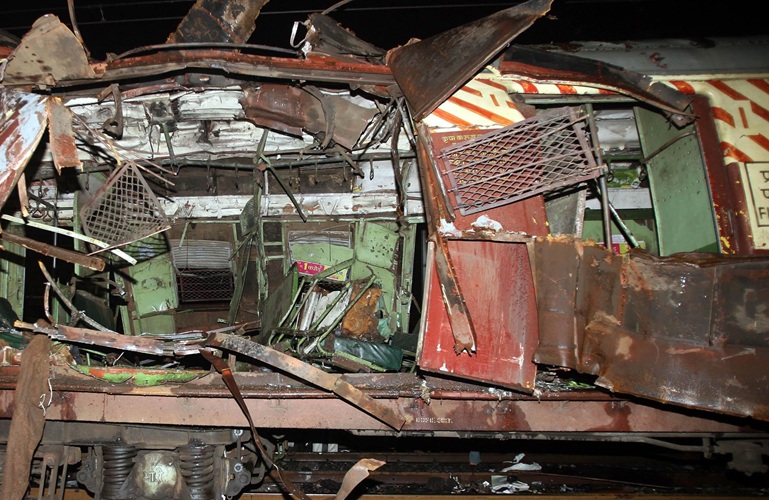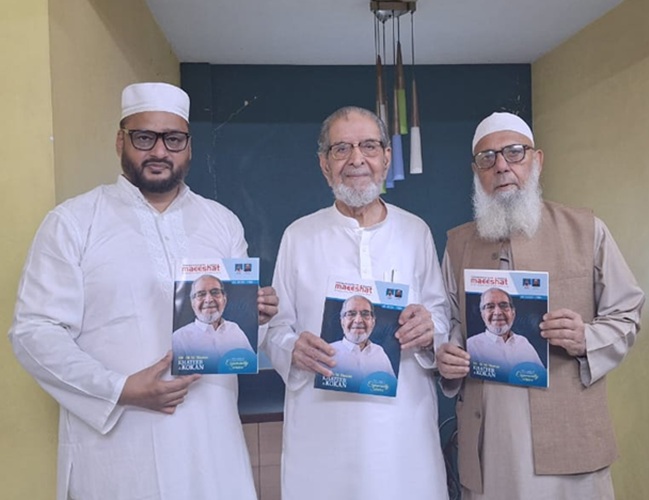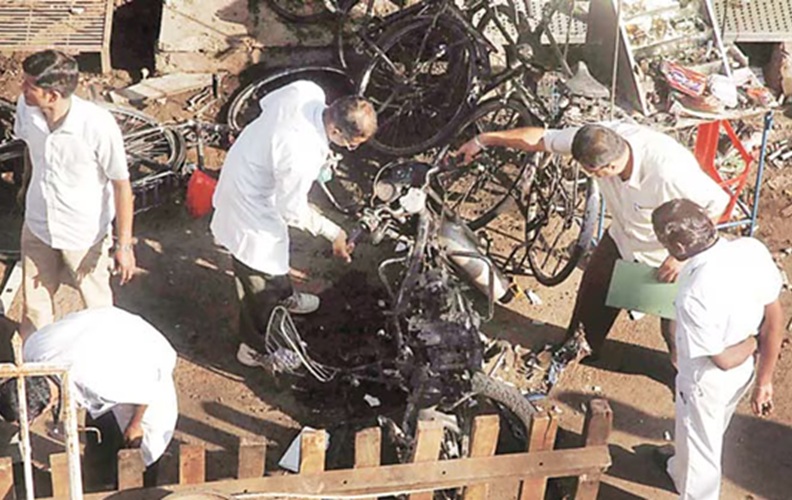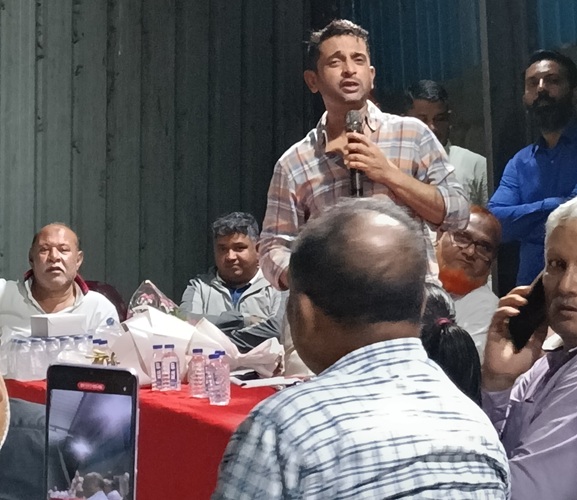Mumbai, July 21, 2025 – In a landmark ruling, the Bombay High Court has acquitted all 12 individuals previously convicted in the 2006 Mumbai train blasts case, overturning their death penalties and life sentences. The decision, delivered by Justices Anil Kilor and Shyam Chandak, comes 19 years after the tragic terror attack that claimed 189 lives and injured over 800 on Mumbai’s Western Railway network. The court cited the prosecution’s “utter failure” to prove the case beyond reasonable doubt, raising serious questions about the investigation and judicial process.
On July 11, 2006, seven coordinated bomb blasts ripped through first-class compartments of suburban trains during peak evening hours, targeting stations like Matunga Road, Mahim Junction, Bandra, Khar Road, Jogeshwari, Bhayandar, and Borivali. The attacks, executed using pressure cooker bombs, caused widespread devastation and left an indelible scar on Mumbai’s collective memory. In 2015, a special court under the Maharashtra Control of Organised Crime Act (MCOCA) convicted 12 of the 13 accused, sentencing five—Kamal Ahmed Mohammed Vakil Ansari, Mohammad Faisal Ataur Rahman Shaikh, Ehtesham Qutubuddin Siddique, Naveed Hussain Khan, and Asif Khan Bashir Khan—to death, and seven others to life imprisonment. One accused, Wahid Shaikh, was acquitted earlier.
The High Court’s ruling quashed the 2015 verdict, criticizing the prosecution’s reliance on unreliable witnesses, flawed Test Identification Parades, and coerced confessions. The bench noted that key witnesses, including a taxi driver, failed to justify identifying the accused after significant time lapses, and the handling of critical evidence, such as alleged explosives, lacked credibility. The court also highlighted procedural lapses, including the failure to identify the type of bombs used, undermining the prosecution’s case.
Senior advocate S. Muralidhar, representing some convicts, argued that the investigation by the Maharashtra Anti-Terrorism Squad was biased, with confessions extracted through torture. “Innocent people have been jailed for 18 years, losing their prime years,” he stated, emphasizing the social stigma faced by the accused and their families. The court’s decision to acquit all 12, ordering their release unless detained for other cases, has sparked mixed reactions. While the accused expressed gratitude to their legal team via video conference, victims’ families voiced shock and disappointment, seeking closure that remains elusive.
The ruling has reignited debates about India’s counter-terrorism investigations and judicial processes, with critics pointing to systemic failures in high-profile cases. For now, the acquittal marks a significant moment in a case that has spanned nearly two decades, leaving unresolved questions about justice for the 2006 Mumbai train blasts.






0 Comments